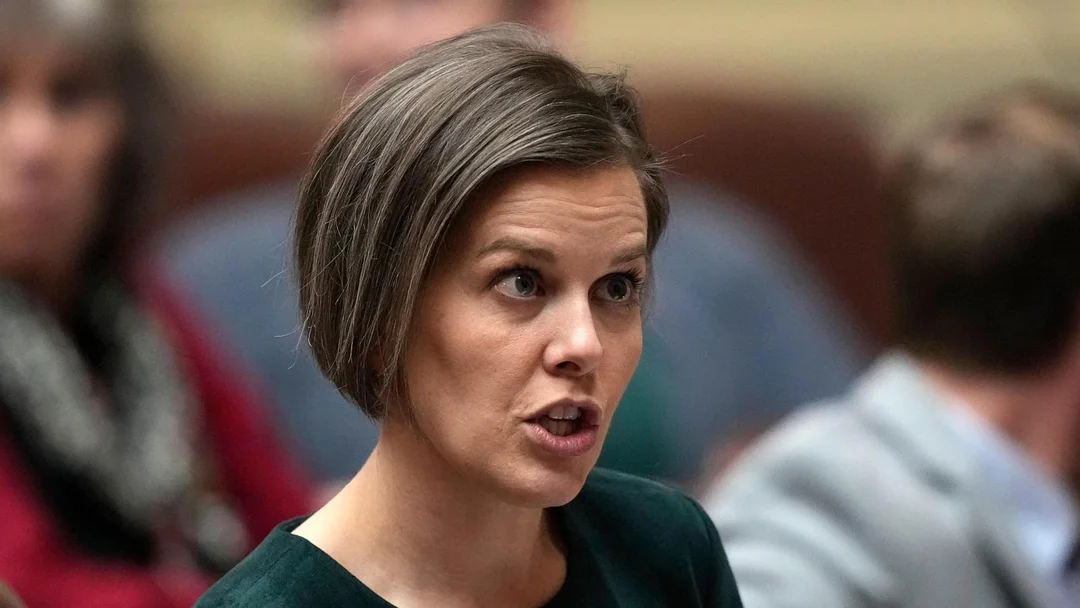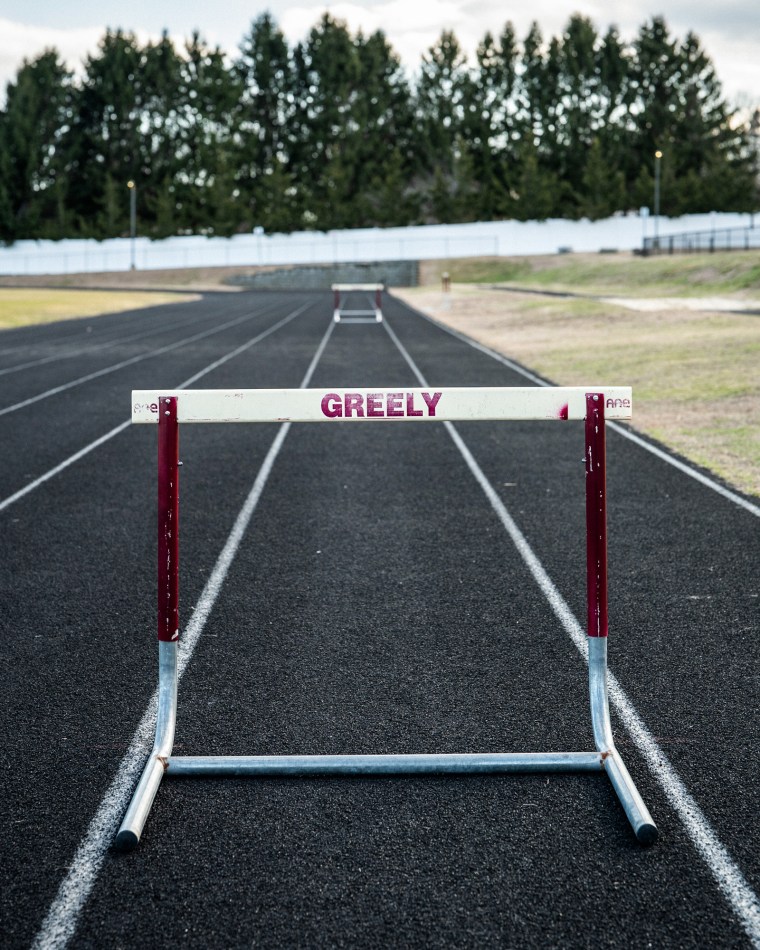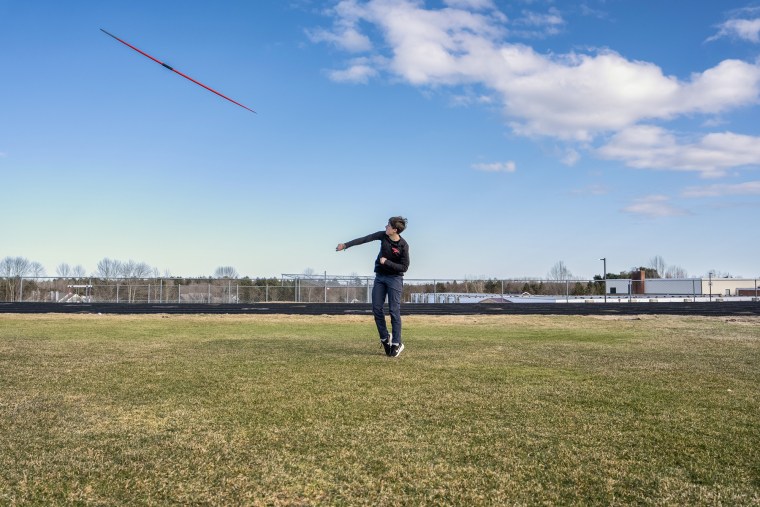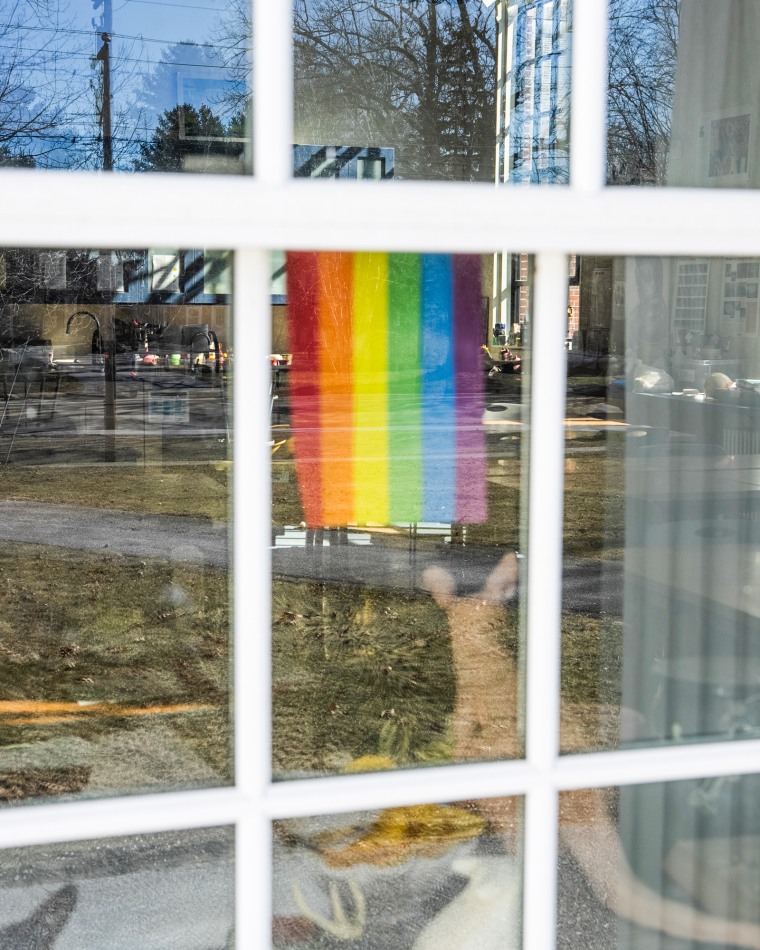
Greely High School at the Epicenter of America’s Battle Over Transgender Athletes and Federal Funding
In the quiet suburbs of Cumberland, Maine, Greely High School has become ground zero in a contentious national debate: Should transgender girls be allowed to compete in girls’ sports, and at what cost? At stake is more than athletic competition—Maine’s entire federal education funding hangs in the balance as the Trump administration threatens to cut more than $200 million per year from the state if it does not comply with a controversial executive order.

The conflict began when a transgender girl on the Greely High track team won a pole-vault event, prompting a state legislator to draw attention to her participation on social media. The incident quickly grew into a political maelstrom, with President Trump personally confronting Democratic Governor Janet Mills, demanding Maine bar transgender girls from female teams and locker rooms or lose federal backing. While the White House invoked Title IX—the landmark civil rights law prohibiting sex-based discrimination in education—Governor Mills and school officials have stood their ground, citing the Maine Human Rights Act’s protection for transgender students.

This standoff escalated after a public showdown at a White House event, where Trump demanded action and Mills famously retorted, “We’ll see you in court.” In the weeks that followed, the Education Department launched a sweeping Title IX investigation into Maine’s policies, while the federal government began freezing critical funding—including grants for child nutrition and programs serving students with disabilities.
For Greely's students, the situation is deeply personal. “We’re getting what feels like hatred from high-ranking people in government, and it’s coming down on kids who don’t really have much power and say,” said sophomore Cora Berry. The school, ranked the best in Maine, is known for its progressive and inclusive environment—qualities many in the community are fiercely defending. Hundreds rallied to support transgender students, and the local select board affirmed its 'unwavering support' for the LGBTQIA+ community.

Nationally, the showdown is seen as a legal and political test of the administration’s willingness to enforce executive orders on civil rights versus states’ autonomy to interpret law. Education Department officials say Maine is threatening the rights of female athletes, but advocacy groups and students insist the real issue is broader. Gia Drew, executive director of EqualityMaine, argues, “This is not about sports, this is not about fairness, this is not about girls and women. This is about power and politics.”

On the ground, the pressure is palpable. Students like Vi Walsh, who spoke passionately at a rally, question why adults are targeting “kids’ sports.” The ramifications extend even further: local Republicans accuse Mills of putting education funding at risk, while Maine’s attorney general says conceding to federal demands could set a precedent with unknown limits.
With court challenges looming and funding in limbo, Greely High School stands not just as an institution of learning, but as a symbol of a nation’s struggle to define inclusion, fairness, and the boundaries of government authority. As the story unfolds, one question remains: Where should the line be drawn—and who gets to draw it?
What’s your view on Maine’s standoff and the rights of transgender athletes in school sports? Share your thoughts in the comments and join the conversation.